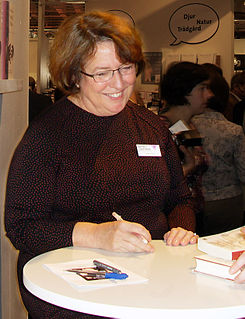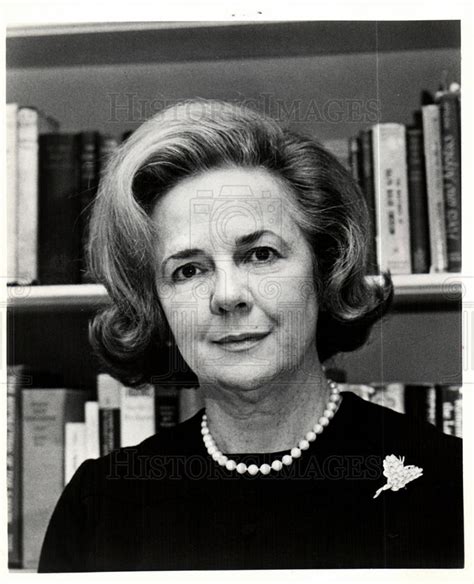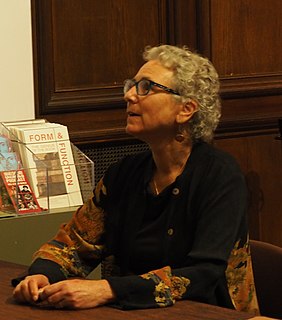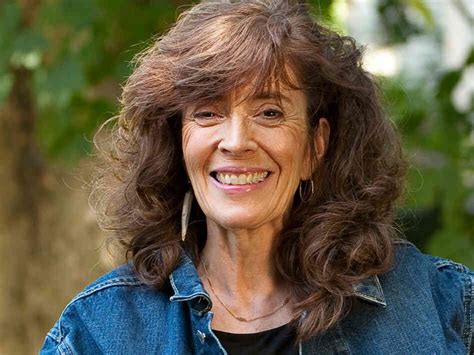A Quote by Linda Olsson
I lay down on the bed clasping the pictures and buried my face in the pillow in a vain attempt at silencing my sobs. But it was as if all my life's accumulated grief had finally found an outlet and was allowed to take its course. I screamed, I cried, until the grief became bearable. (174)
Related Quotes
He screamed for all he had lost...screamed for the half male he was...screamed for Jane...screamed for who his parents were and what he wished for his sister...screamed for what he had forced his best friend to do...He screamed, and screamed until there was no breath, no consciousness, no nothing. No past or present. Not even himself anymore. And in the midst of the chaos, in the strangest way, he became free.
I was perpetually grief-stricken when I finished a book, and would slide down from my sitting position on the bed, put my cheek on the pillow and sigh for a long time. It seemed there would never be another book. It was all over, the book was dead. It lay in its bent cover by my hand. What was the use? Why bother dragging the weight of my small body down to dinner? Why move? Why breathe? The book had left me, and there was no reason to go on.
to love life, to love it even when you have no stomach for it and everything you've held dear crumbles like burnt paper in your hands, your throat filled with the silt of it. When grief sits with you, its tropical heat thickening the air, heavy as water more fit for gills than lungs; when grief weights you like your own flesh only more of it, an obesity of grief, you think, How can a body withstand this? Then you hold life like a face between your palms, a plain face, no charming smile, no violet eyes, and you say, yes, I will take you I will love you, again.
The only education in grief that any of us ever gets is a crash course. Until Caroline had died I had belonged to that other world, the place of innocence, and linear expectations, where I thught grief was a simple, wrenching realm of sadness and longing that graduallu receded. What that definition left out was the body blow that loss inflicts, as well as the temporary madness, and a range of less straightforward emotions shocking in their intensity.
One of the difficulties with grief research is that it risks making certain kinds of grief seem normal and others abnormal - and of course having a sense of the contours of grief is, I think, truly useful, one has to remember it's not a science, it's an individual reckoning, which science is just trying to help us describe.
I think what I was unconsciously expressing in 'Black Rainbow' was a very abstract and metaphorical grief, in the way I had suppressed my grief about my mother dying. In retrospect I realise I started writing 'Mandy' as a sort of antidote to that, to sort of express those emotions, to purge that grief.
Grief causes you to leave yourself. You step outside your narrow little pelt. And you can’t feel grief unless you’ve had love before it - grief is the final outcome of love, because it’s love lost. […] It’s the cycle of love completed: to love, to lose, to feel grief, to leave, and then to love again. Grief is the awareness that you will have to be alone, and there is nothing beyond that because being alone is the ultimate final destiny of each individual living creature. That’s what death is, the great loneliness.
New grief, when it came, you could feel filling the air. It took up all the room there was. The place itself, the whole place, became a reminder of the absence of the hurt or the dead or the missing one. I don't believe that grief passes away. It has its time and place forever. More time is added to it; it becomes a story within a story. But grief and griever alike endure.






































